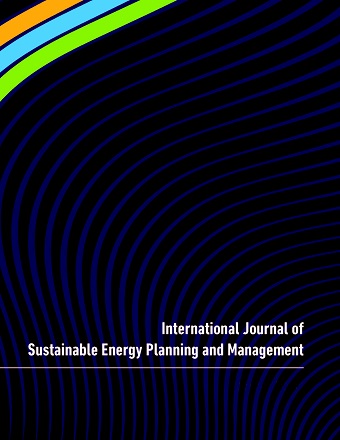A development of indicators for the sustainability assessment of the Mexican power system planning
Main Article Content
Abstract
Countries with emerging economies face a significant challenge when developing strategies to move towards a low emission energy system and keep their economies growing. The power System plays a crucial role in these strategies and by the correct measurement of its sustainability is possible to identify which alternative improves sustainability the most. This article proposes indicators for the evaluation and assessment of the sustainability of Mexican Power System planning scenarios put forward by two government administrations with a study horizon to 2030. The scenarios are characterized by the program of additions and retirements of generating capacity along the period of 2019 to 2030, and eventually, optimal dispatch was obtained to accomplish the hourly demand. Sustainability indicators were developed and calculated to evaluate the energy security, energy equity and environmental sustainability dimensions. Subsequently the indicators were fed to the Position Vector of Minimum Regret Analysis as multicriteria decision analysis. By analysing the results, it is highlighted that the expansion of power grid capacity, as well as the hourly availability of hydro plants improve the sustainability of the Mexican Power System. The comparison between both scenarios’ performance, based on the Energy Trilemma, indicates that the current government’s planning is slightly more sustainable.
Article Details
Articles published in International Journal of Sustainable Energy Planning and Management are following the license Creative Commons Attribution-NonCommercial-NoDerivs 3.0 Unported (CC BY-NC-ND 3.0)
Authors retain copyright and grant the journal right of first publication with the work simultaneously licensed under a Creative Commons Attribution License: Attribution - NonCommercial - NoDerivs (by-nc-nd). Further information about Creative Commons
Authors can archive post-print (final draft post-refereering) on personal websites or institutional repositories under these conditions:
- Publishers version cannot be stored elsewhere but on publishers homepage
- Published source must be acknowledged
- Must link to publisher version

